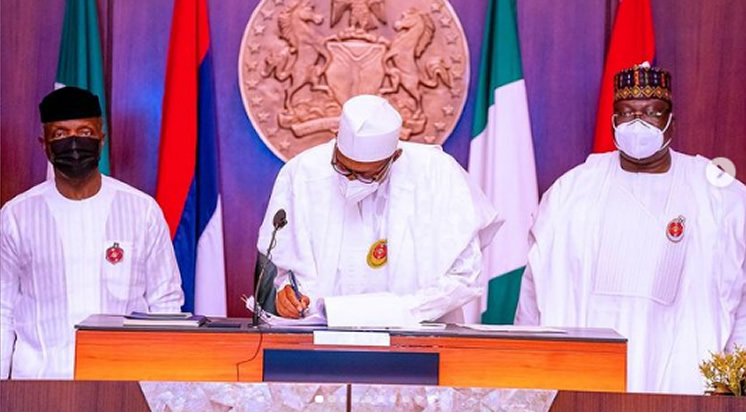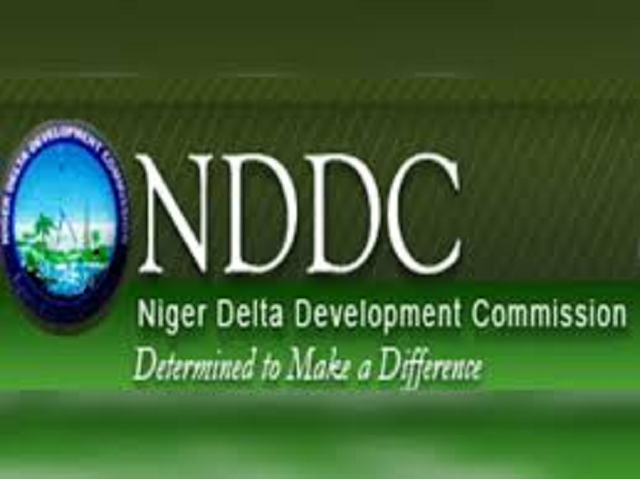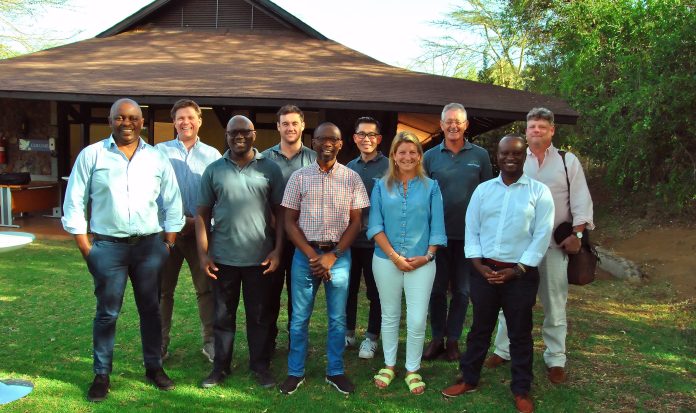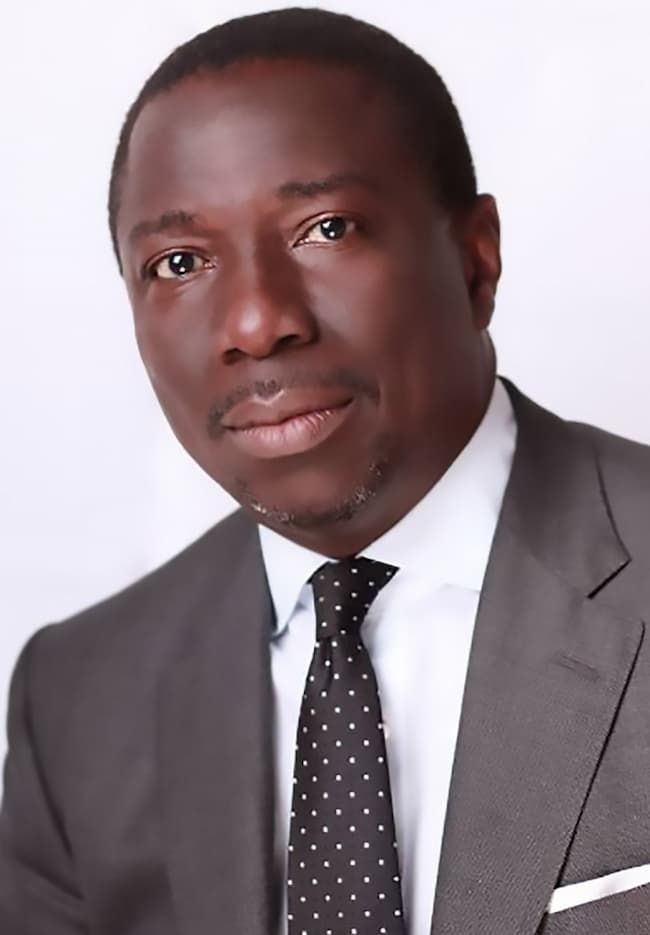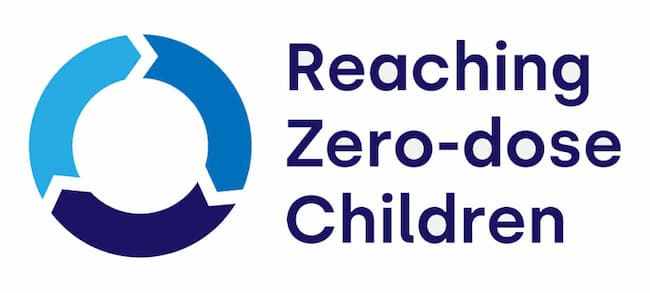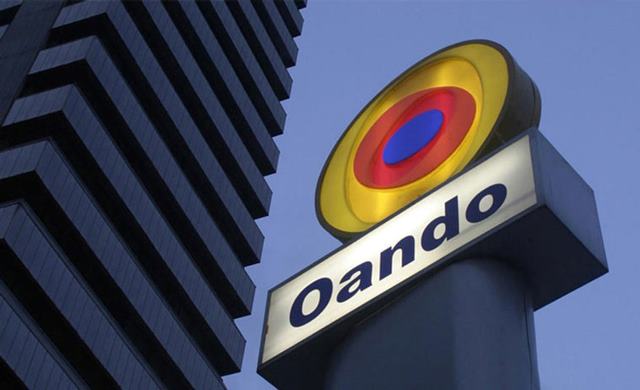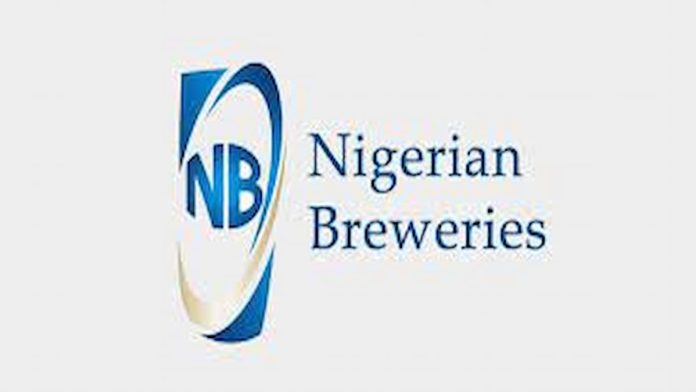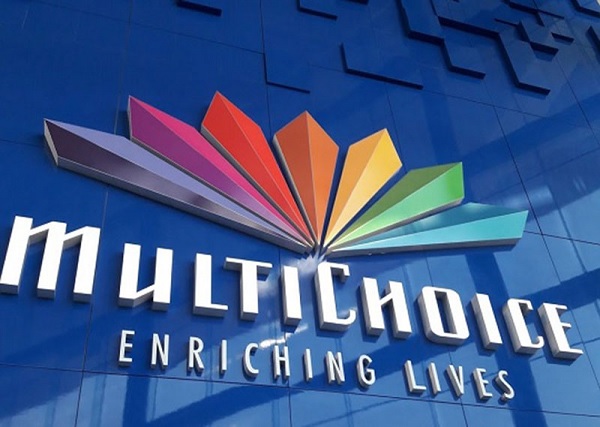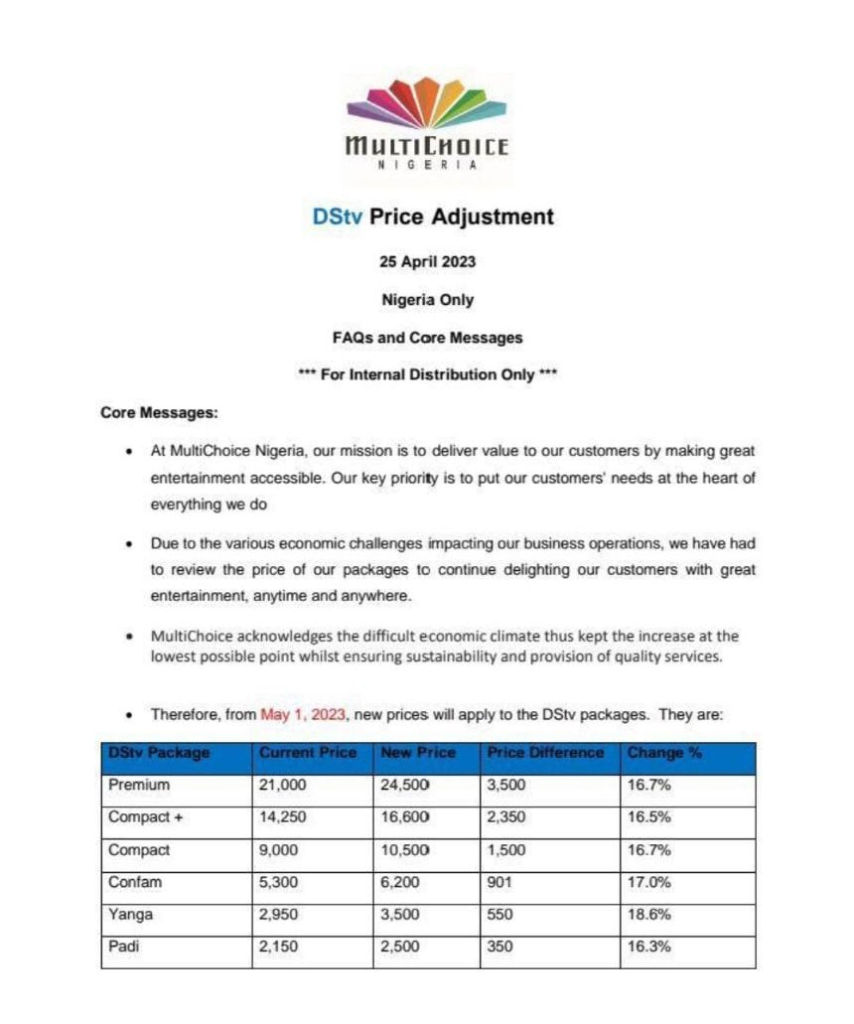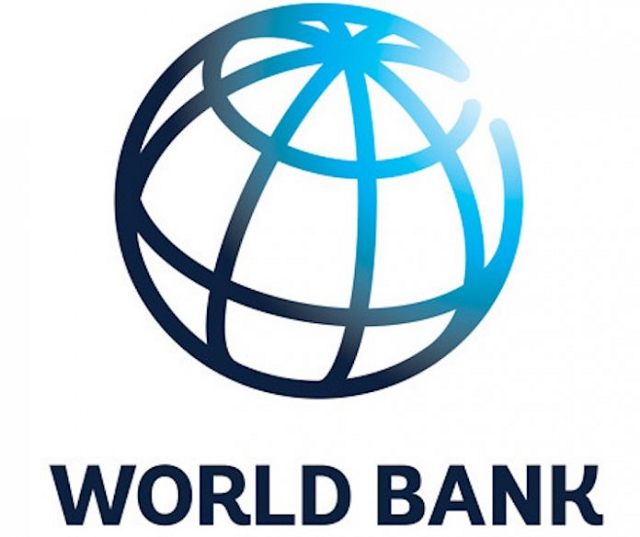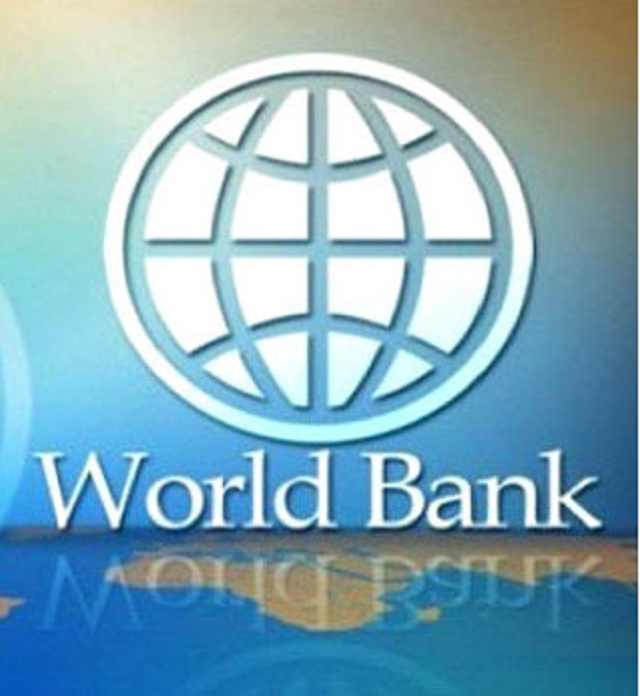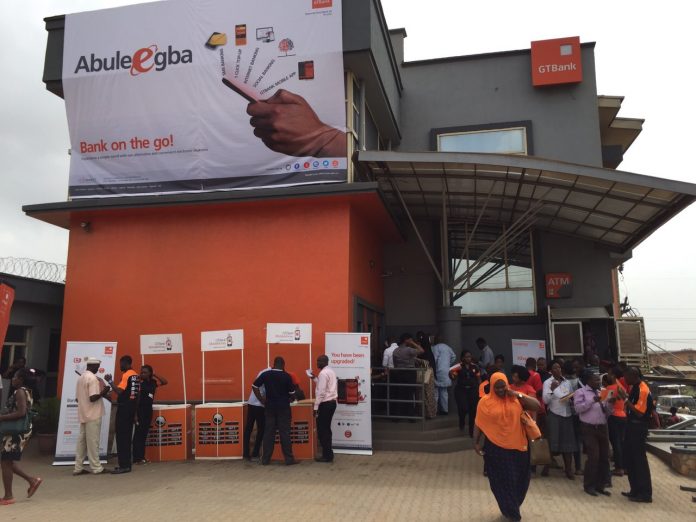A total of N52.97 billion was granted by the federal government on Wednesday in Abuja for a number of projects in the ministries of education, works and housing, and aviation. Following this week’s Federal Executive Council meeting, which was held in the council chambers of the Aso Rock Villa in Abuja under the chairmanship of Major General Muhammadu Buhari (ret. ), the various ministries disclosed this to State House Correspondents.
They consist of the building complex housing the National Library of Nigeria’s offices in Abuja, the completion of Phase 2 of the 2.6 km long Uto Bridge in Ikenke, Delta State, and the purchase and installation of radar signaling equipment in nine airports around the country.
The Minister of Information and Culture, Lai Mohamed, who spoke on behalf of his counterpart in the Ministry of Works and Housing, Babatunde Fashola, said, “The first memo presented today was a memo seeking approval for a revised estimated total cost of a contract for the completion of Phase 2 of Uto Bridge, 2.6-kilometer stretch in Ikenke, Delta State.
“The project was awarded in 2006, but we are committed to completing it. So today, the FEC approved the sum of N1.398bn to revise the contract from N4.44bn to N5.84bn, inclusive of 7.5 per cent VAT, to ensure that we’re able to complete this project before we leave.
“Also, the Minister of Works brought approval for the ongoing bypass along the Lagos-Ibadan expressway, but the good thing about this project is that we can very confidently and proudly announce that the Kano-Zaria 137 kilometer and the Zaria-Kaduna, 73 kilometers, will be handed over to us on May 15.”
Mohammed said the Second Niger Bridge and the 116km Lagos-Ibadan expressway with toll gates will be handed over on April 30.
“The Loko-Oweto Bridge is also completed, so also is the Ikom Bridge completed. Our Federal Secretariats in Nasarawa, Awka, Bayelsa and Zamfara State are also completed and the Zuba housing project, 700 apartments, they’re also already for commissioning,” he revealed.
Meanwhile, the Minister of State for Education, Goodluck Opiah, said the Council approved a memo for the revised estimated contract cost to complete the construction of the National Library of Nigeria headquarters building complex in Abuja.
“The revised estimated cost is N32.4bn. This contract was originally awarded in 2006 to Reynolds Construction Company Limited and has undergone further revisions until 2017 when the company presented a request for variation amounting to N78bn, which was considered quite unacceptable by the Federal Ministry of Education.
“Therefore, an ad hoc committee of technical stakeholders was set up to review the variation. After exhaustive review, the cost was brought down to N49.6bn which was acceptable to the contractor. Before then, previous certificates amounting to about N11.9bn had already been earned,” he said
The scope of work for the project includes the construction of a concrete structure consisting of 11 floors, two basement floors and eight upper floors for housing a bookstore, locker rooms, bindery, printing press, restaurants, clinic, changing rooms, exhibition halls, auditorium, cataloguing, general reference areas, legal deposits, office for the administration book stacks, amongst others.
On his part, the Minister of Aviation, Hadi Sirika, said the Council approved a total of N1.97bn for the procurement, installation and commissioning of quadrac voice and data/radar signals recording solutions in Abuja, Akure, Port Harcourt, Calabar, Ibadan, Jos, Sokoto, Yola and Enugu airports and the supply and installation of additional five units of Eastmage liquid explosive detector machines for the Kano, Port Harcourt, Lagos, Kaduna and Enugu airports. Both projects are to be completed in 12 months. The Council also approved the bilateral air service agreement between Nigeria and South Africa, Sirika revealed.
Meanwhile, the Minister of Agriculture and Rural Development, Mohammed Abubakar, said the Council approved the construction of a 10-storey office complex for the ministry in Abuja’s cadastral zone.

